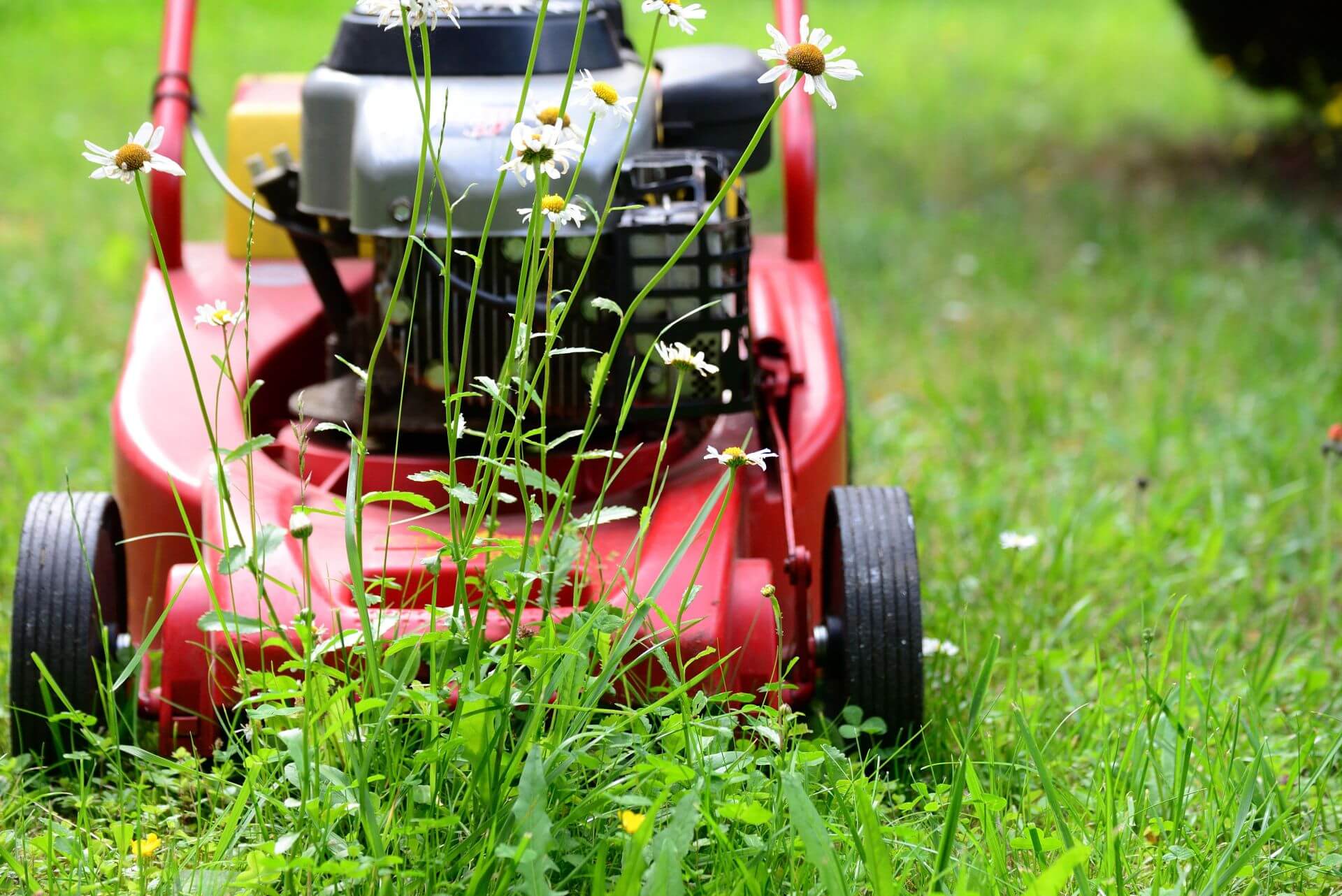
Many of us delight in the crisp scent of a freshly mown lawn. The emerald fragrance of a spring breeze overlain with the citrus-and-cucumber aroma of cut grass signals a rebirth. As winter recedes, the dewy scent of wet soil and slinky earthworms overwhelms us with joy, hope, and a belief in the future.
As a youngster in Pennsylvania, I reveled in the minty but musky scent of creeping Charlie stirred up by the lawn mower. And years later, here in the Pacific Northwest, I notice when the lawn scent disappears beneath the alarming odor of herb-Robert, a putrid amalgam of mouse nest and smoldering tires. The fragrances, both good and bad, linger in my memory and tell a story of springs past and present.
A lawn is not an achievement
Not a fan of lawns, I think grassy areas should have a specific purpose. My ideal lawn might have a picnic table nestled beneath shady trees, a barbecue ready to sizzle, or a rope swing swaying beneath a limb. Flowers, bushes, and maybe a little patch of squash for the pollinators would replace most of the lawn. Rather than being just a yard, it would be a sanctuary for reading, unwinding, or sharing a meal.
But from California to Connecticut, grass lawns have become demonstrations of one’s skill with mowers, weeders, sprinklers, aerators, and a stockpile of lawn chemicals. Because most of us have imperfect lives, unruly children, or irritating bosses, we pour our desire for control into those hapless blades of grass.
Over the decades, we’ve gone from push mowers to power mowers to riding mowers, but the mowing continues as we strive for perfection. We mow to meet our aesthetic standards or those of our community. We groom, feed, protect, and water our public displays of green to thwart an HOA fine or impress neighbors who don’t care. Despite mounds of press telling us lawns are a water-guzzling, habitat-destroying waste, we mow anyway.
The birth of No Mow May
Once environmentalists realized that asking people to relinquish their lawns was like asking them to donate a limb, they began a search for alternatives. Then, in 2019, a group of concerned citizens in the United Kingdom decided that limiting the amount of mowing, especially when lawns are abloom with spring flowering weeds, could help the many creatures that use them. With that, No Mow May was born…


